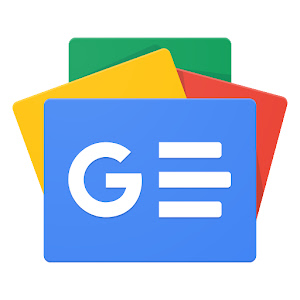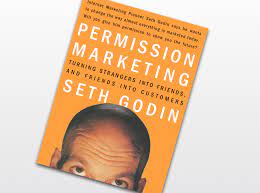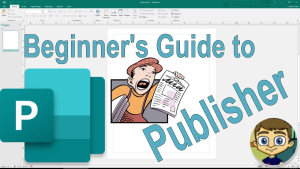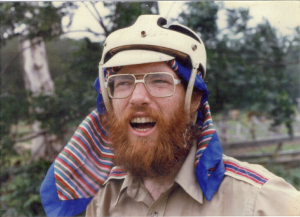
What makes journalism go is knowing your audience. You don’t write for everyone, but for specific readers. You monetize the credibility you earn based on who you do business with.
The Internet opened the whole market to every publisher. It also opened the whole market to every advertiser. What Google and later Facebook did was let businesses reach just the people they wanted for a “run of network” rate, which kept declining as Web content expanded.
This broke the connection between writers and the audience. We stopped trying to write for specific sub-segments of the population and went for the mass market. Advertisers took the job of targeting in-house, using the Web only for branding and spot sales.
I said from the beginning that was a mistake. This is obvious now. Along the way we have raised a generation of publishers on the mass market model, and as they’ve come to power, they’ve lost the plot.

Without a working business model, journalism dies. It’s a business, not a trade or a profession, and without a working model you don’t have a business. As was true at the nation’s founding, you’re down to political patronage. With the immense wealth of today’s oligarchs, and the low cost of distribution, lies easily outrun truth.
The answer lies in doing again what was done before the Web was spun. We can’t go back to print, but we can define our audiences, and we can learn to monetize them. Not with advertising, but by attaching our publication’s credibility to the people who want to sell to our defined audience, based on where they are, their industry, or their lifestyle. Stop printing what everyone else has. Only print what your defined audience will care about.
In his 1997 book Permission Marketing, Seth Godin defined permission beyond the transaction. Loyalty points like airlines have, subscription income like streaming services have, the constant permission of your electric provider, or the intravenous permission I gave the hospital that treated my kidney stone recently.

Registration defines your audience, e-mail (or a podcast) creates a relationship, and you can rent this credibility to businesses a publisher decides can serve their market. The transaction permission you give those businesses can then be expanded, cooperatively, creating a marketplace.
The only way for functional journalism business models to be created today is to break the connection to search. Stop worrying about it, stop depending on it, stop thinking you can monetize clicks. You can’t. You become clickbait when you do that. You become worthless to any worthwhile reader.










